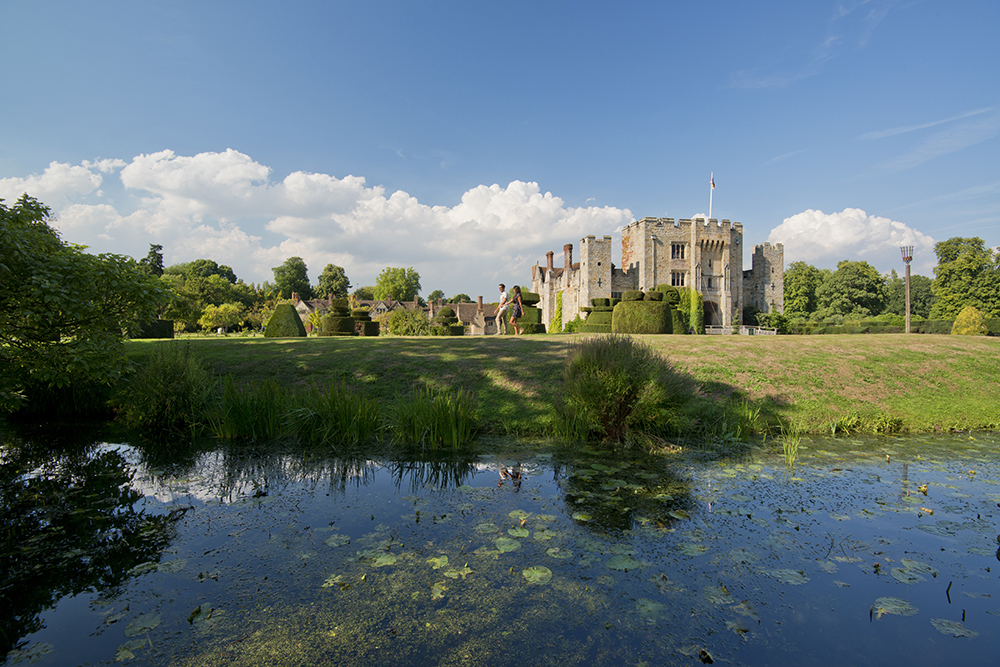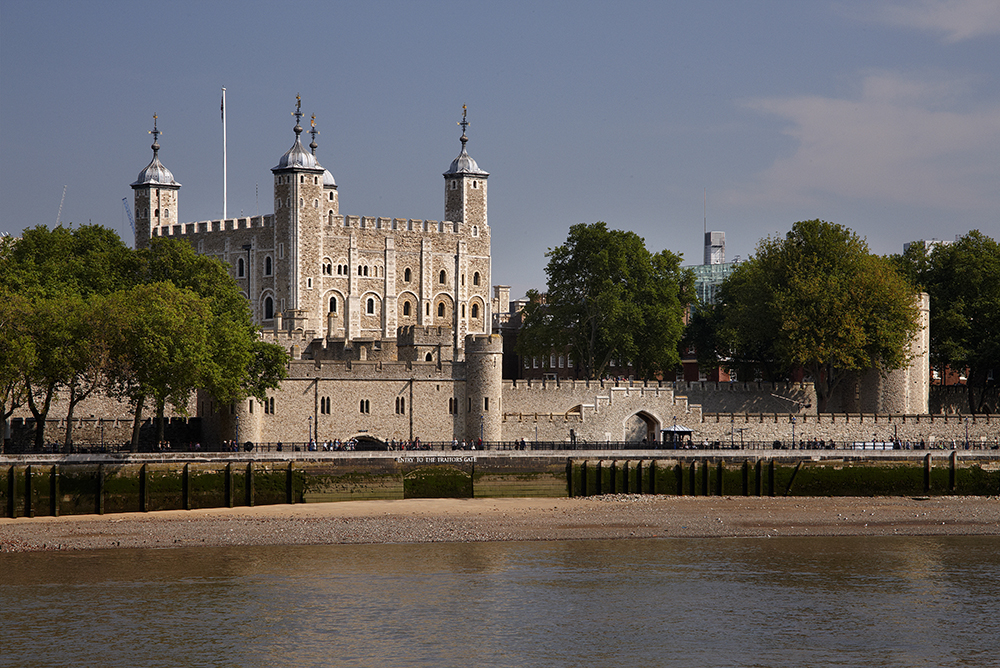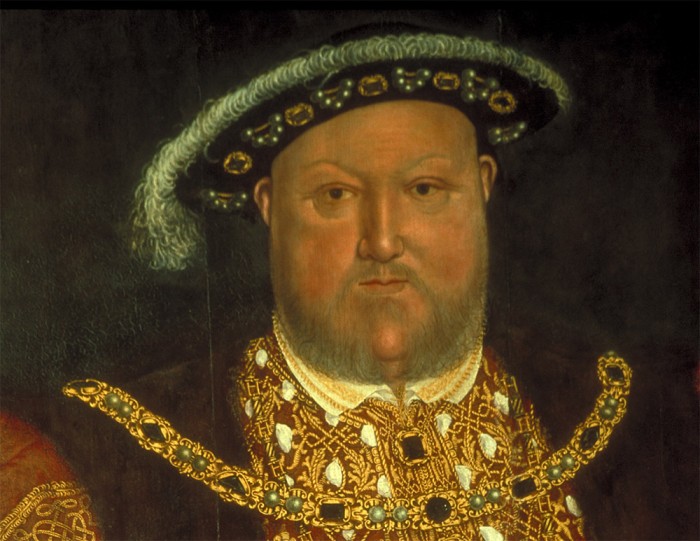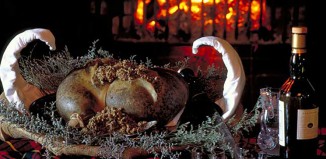5 of Britain’s best (and worst) fathers
As Britain celebrates Father’s Day this Sunday, we look at five of the most memorable fathers from British history…
Henry VIII
Perhaps the British monarch most famous for his feelings about children – or, more specifically, sons – Henry VIII broke with the Roman Catholic Church and founded the Church of England to get his first divorce, marry Anne Boleyn and, it was hoped, produce a son. Indeed, so sure were the pair of success that they had letters prepared announcing, before the birth, the arrival of a “prince”, which had to be hastily altered when Elizabeth I arrived.
When Anne failed to provide Henry with a son, she was accused of adultery and treason and beheaded. Following his marriage to Jane Seymour, his third wife, Henry’s two daughters, Mary and Elizabeth, were declared illegitimate by parliament, putting the pressure on Seymour to provide the legitimate son he so desperately sought. In the event, she did – the much cherished though short-lived Edward VI – but it took their father’s marriage to the diplomatic Katherine Parr, his sixth wife, in 1543 to build bridges between Henry and his daughters.
Thomas Boleyn
Another father who didn’t always have his daughters’ interests at heart was Thomas Boleyn – an English nobleman whose three children, George, Mary and Anne, formed part of what is seen as their father’s master plan to climb to the higher echelons of power. It’s possible Thomas had a hand in both his daughters’ romantic involvement with Henry VIII – first Mary, for whom Thomas secured a place in Catherine of Aragon’s household, and whose affair with the king was under way by 1522, and later Anne, who famously captured Henry’s attention on her return from the French court in 1526.

Henry’s growing infatuation with Anne notably improved Thomas Boleyn’s standing in court, and it has been suggested that he pressured his daughter to insist on marrying the king, rather than settling for being his mistress. The marriage, however, had disastrous consequences for not one but two of Thomas’s children: George, who had always been close to his sister, was convicted of incest with Anne and among the five men executed, on flimsy evidence, for alleged treason and adultery with the queen. In a sad twist to the story, Anne’s father was involved in the secret commission that inquired into the allegations against his daughter. Today, it is very difficult to imagine how Anne’s father could continue working so closely with the man responsible for the death of two of his children. After his wife died, just a year after Anne’s death in 1537, of a broken heart, Thomas shortly passed away himself.
Thomas Cromwell
A more positive role model, Thomas Cromwell, Henry VIII’s chief minister and the focus of Hilary Mantel’s Wolf Hall, despite having suffered abuse at the hands of his own father, was a kind and tender paternal figure to his own son, Gregory, his nephew, Richard, his clerk, Rafe Sadler, and his daughters Anne and Grace, who were victims of sweating sickness in 1528. Indeed, the death of Cromwell’s daughters is one of the most moving scenes in the book and television series.
Thomas More
Another fallen favourite of Henry VIII’s, Thomas More, was also known to be a good father. Taking a serious interest in the education of women, he provided his three daughters with the same classical education as his son, which was remarkable for the time. His eldest daughter, Margaret, received much admiration for her fluency in Greek and Latin. More wrote to her in September 1522 of how he had shown the Bishop of Exeter one of her letters. “When he saw from the signature that it was the letter of a lady, his surprise led him to read it more eagerly … he said he would never have believed it to be your work unless I had assured him of the fact, and he began to praise it in the highest terms … for its pure Latinity, its correctness, its erudition, and its expressions of tender affection.”

Later in life, during More’s imprisonment for treason in the Tower of London, Margaret visited him often and after his execution she bribed the man who was supposed to throw her father’s head into the Thames, bringing it back to the family tomb of her husband, William Roper, at St Dunstan’s Church, Canterbury.
Charles Darwin
Also famed as a wonderful father, naturalist Charles Darwin had no fewer than ten children, of whom two died in infancy. In an age when childrearing was seen as women’s work, Darwin played a crucial role in raising and educating his brood. The death in 1851 of ten-year-old Annie was a crushing blow for Darwin and his wife, Emma, and some have suggested it was this that caused him to lose his religious faith. “Indeed, it is impossible adequately to describe how delightful a relation his was to his family, whether as children or in their later life,” Darwin’s daughter Francis wrote in Autobiography of Charles Darwin and Selected Letters.








